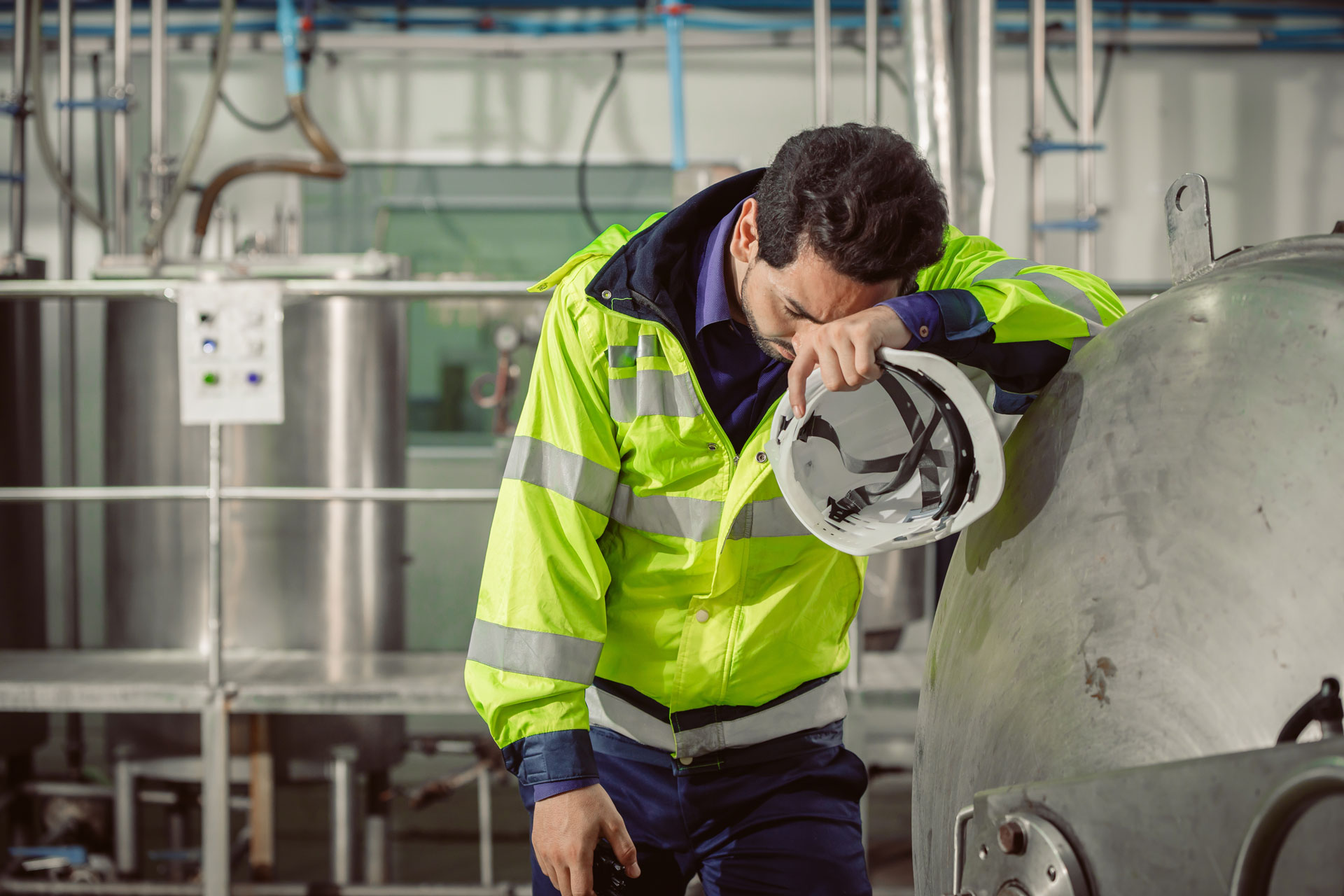
WHS Safety Focus – Fatigue Management
Fatigue can increase your risk of workplace incidents and injuries.
.In 20% of workplace incidents, fatigue is a contributing factor.
Being unfit for work feels like…
Tiredness, low motivation, poor mood, trouble focusing, impaired memory, slower reaction times, and decreased alertness.
Risk factors for fatigue can include:
- Not getting enough sleep, or getting poor quality sleep
- Working shift work, or having irregular shift times
- Long commutes to and from work
- Performing physically demanding work
- Having an ongoing health condition
Help manage fatigue with the following:
- Aim to get 7 to 9 hours sleep per night and maintain regular sleep and wake up times during the week (even on weekends)
- Take breaks throughout the working day (lunch breaks, task breaks etc.)
- For physically intensive work, rotate between these activities and other less demanding tasks to give yourself time to recover
- Follow up with your GP if you are regularly having trouble sleeping, or if you’re experiencing persistent daytime tiredness
What’s next?
Talk with your onsite supervisor or your ETC if you are experiencing workplace fatigue.
If you have any concerns or want more information about staying safe in the workplace, contact your ETC or email our WHS team.